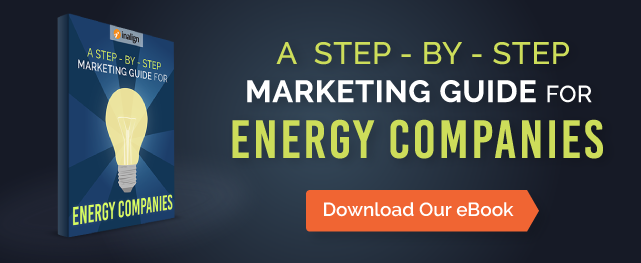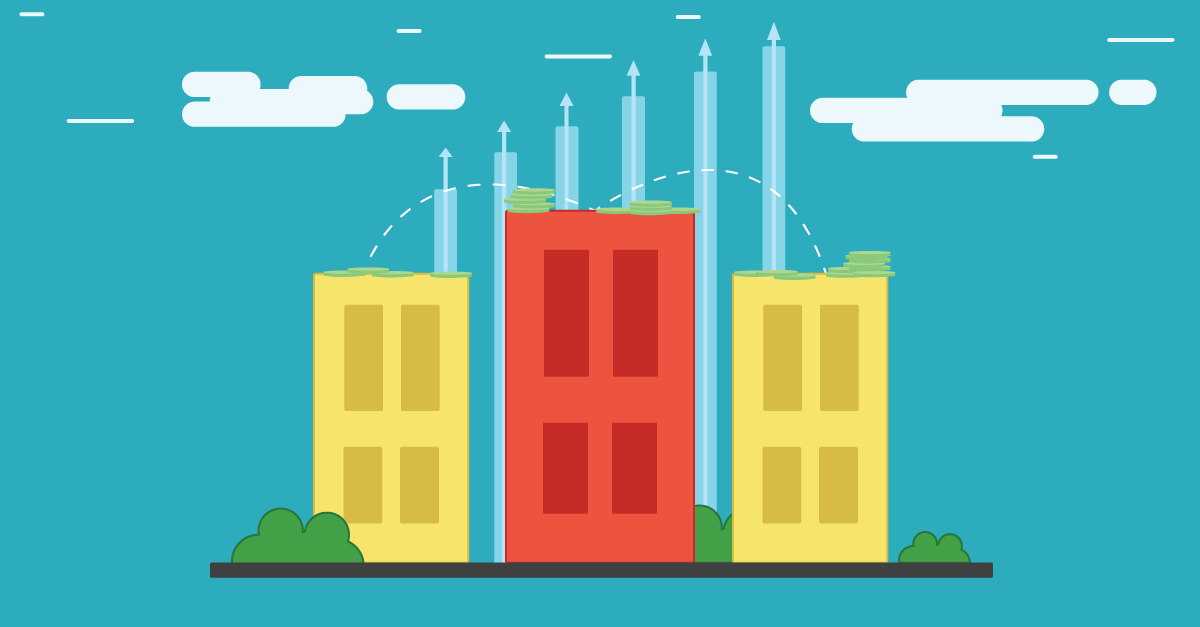While many retail energy suppliers (aka “energy service companies” or ESCOs) employ a variety of inbound and traditional marketing techniques to reach their target markets, none has been more controversial than direct door-to-door sales and marketing to residential consumers.
Why Is Retail Energy Door-to-Door Selling So Controversial?
In several states, a few bad actors have given the industry a black eye by ignoring local door-to-door selling rules and using unfair and dishonest tactics such as slamming, an illegal practice in which a customer’s electricity and/or natural gas service provider is switched without their knowledge or consent.
This has led some consumer groups, including ones that support energy competition and consumer choice, to ask regulators to prohibit ESCOs from using residential door-to-door sales and marketing practices.
Consumer advocate groups have argued that door-to-door selling places vulnerable customers, such as the elderly, at an increased risk of unfair and deceptive trade practices. They also argue that this particular marketing tactic is not needed since there are many other ways for consumers to learn about retail energy choice.
Because door-to-door selling has come under fire, industry groups have been working with state regulators to define how door-to-door sales and marketing activities should be conducted and regulated.
Given the controversy surrounding door-to-door selling, ESCO CEOs and CMOs need to decide if door-to-door selling continues to be a viable sales and marketing strategy for their companies. If it is, how should it be deployed and controlled?
Why Do Energy Service Companies Use Door-to-Door Sales?
Today, consumers in about one-third of U.S. states can choose to purchase electricity and natural gas from a supplier other than their local regulated utility.
For most of these consumers, buying from an ESCO is a new experience. Often they either don’t know they have a choice in selecting a third-party supplier or they have never shopped for electricity and natural gas before.
For ESCOs, the most difficult marketing challenge has been trying to reach and convince consumers that despite current low energy prices there are many benefits to switching providers. These benefits include the opportunity to get better pricing, better customer service and to take advantage of new products, such as renewable energy contracts.
Here are some of the reasons ESCOs use door-to-door sales:
- Retail energy competition is new to many residential consumers. Using door-to-door sales reps is a quick and efficient way to educate consumers and answer their specific questions about the changes taking place in the energy marketplace.
- Many consumers don’t understand their utility bill. Door-to-door sales reps can ask to see the consumer’s utility bill and they are trained to explain it to them. For example, what exactly is that “Electricity Supply Reconciliation Mechanism” charge that’s on my bill each month?
- Many consumers aren’t aware that they have a choice in who supplies their natural gas and electricity. Door-to-door sales reps discuss options such as pricing, customer service and renewable energy choices and help consumers make informed decisions.
- It facilitates the enrollment process. Door-to-door sales reps help consumers complete the enrollment application, explain the changes that will take place and when, and use a third party for verification.
Conclusion
Because of the actions of a few unscrupulous companies, residential door-to-door sales and marketing tactics have come under attack. Several states including Pennsylvania, New Jersey and, most recently, New York have developed new rules specifically for retail energy door-to-door selling.
Undoubtedly, door-to-door selling is a direct way to reach consumers who may not be aware that energy choice is an option. ESCOs that use door-to-door sales and marketing strategies should follow best practices and be aware of state and local rules regarding solicitation.








